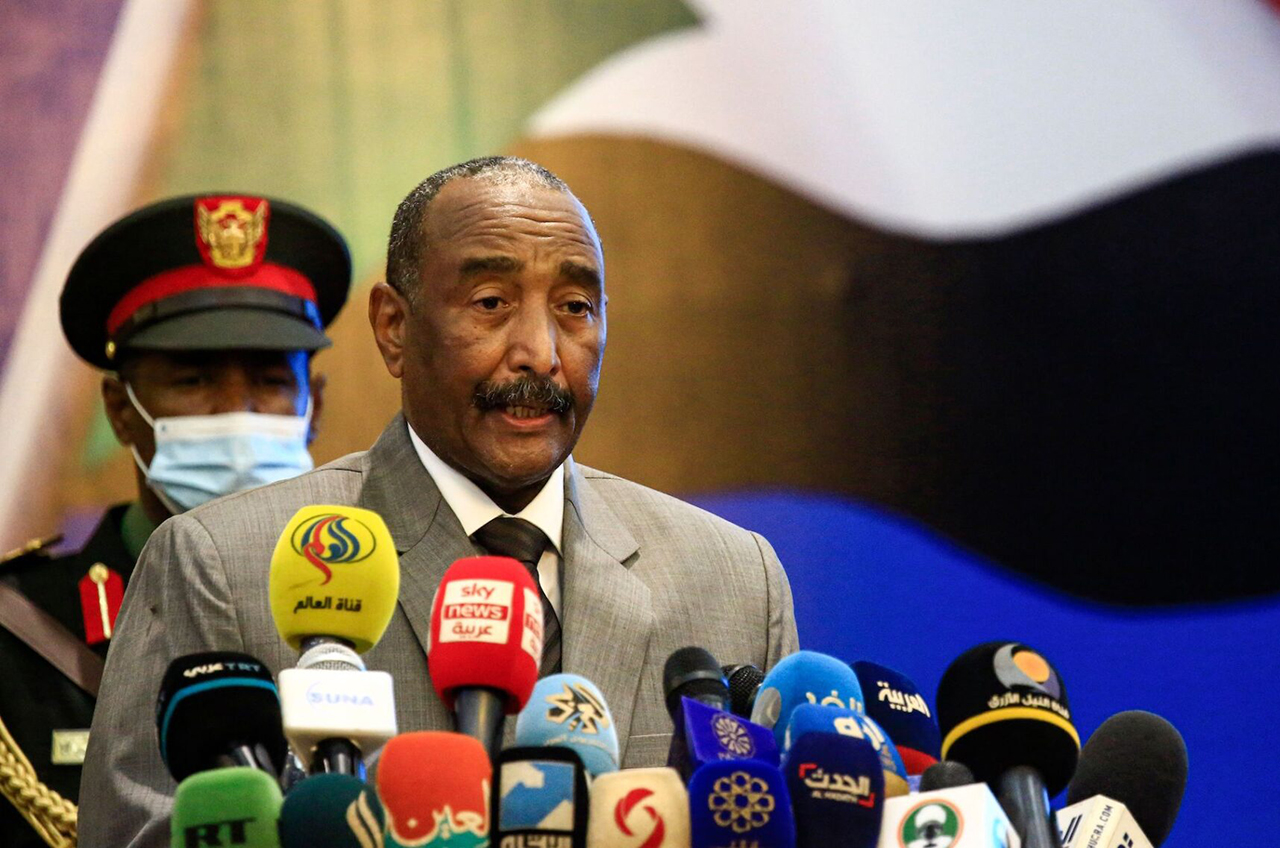In a recent revelation, Al-Qaeda has been identified as actively working to establish a terrorist network inside Sudan. The organization is strategically building its operations within the country, drawing on knowledge and connections acquired from Sudanese terrorists engaged in various unstable regions around the world.
The primary focus of Al-Qaeda’s strategy is to create a terrorist base in Sudan, effectively to open a new jihadist arena. This initiative involves collaboration with Al-Qaeda personnel worldwide. Key components of their strategy include establishing a center for strategic studies to provide crucial information and intelligence, creating security covers that will involve organizations, businesses, secure transportation platforms, and monitoring and tracking facilities, and establishing a self-sufficiency system that will ensure financial support for their extremist operations.
To achieve this, Al-Qaeda engaged in information exchange and operational coordination with sympathetic regional and international groups, similarly hoping to destabilize areas that are more aligned with western ideals.
The Sudanese General Intelligence Service has been working to find these terrorists and stop them from gaining momentum. In doing so, law enforcement and military personnel took critical steps and even made some arrests. Following the arrest of cell members, investigations revealed critical details.
For one, they have a homogeneous composition. All members of the operation share a common Arab nationality and hold a special status within the Al-Qaeda organization, often being sons, nephews and other relatives of high-ranking leaders. Second, they all have very purposefully entered Sudan, be it for computer training, or diving. It all aligns with directives from Al-Qaeda leadership. The training serves as an initial phase for future operations targeting maritime navigation in the Gulf region.
The following are reports on the Jabra Cell and Ongoing Operations
In September 2021, eight foreigners and two Sudanese individuals were apprehended, while two foreigners and one Sudanese were killed. This operation, publicly known as the Jabra cell, resulted in the killing of five officers from the Sudanese General Intelligence Anti-Terrorism Department and one officer from the armed forces.
In 2022, a Sudanese senior figure affiliated with ISIS was apprehended, revealing connections to previous operations. Legal procedures are ongoing.
In 2023, a Sudanese terrorist cell specializing in bomb-making, with external connections, was dismantled. The leader, who held a Ph.D. in Chemistry, along with five others have been apprehended. Over 200 highly dangerous explosives were seized, and the detainees are in the process of being charged and tried for their crimes.
Security Operations Against Various Groups
Multiple security operations targeted terrorist cells affiliated with organizations such as the Egyptian Muslim Brotherhood, the Egyptian Islamic Group, and the Somali Al-Shabaab movement. Anti terrorism measures and legal actions are being diligently pursued.
Summary of Counterterrorism Results
Sudan’s security operations have resulted in the arrest of regional and local leadership figures of terrorist organizations, along with facilitators. Most foreigners apprehended are wanted in their home countries for terrorist crimes, and the Sudanese individuals often have returned from other states and regions where they had been affiliated with terror organizations. The breakdown of members in dismantled terrorist cells reveals that 68% are foreigners, while 32% are Sudanese.
The complexity of operations is exacerbated by the intermingling of terrorist elements from various nationalities, and unfortunately often include children who have been indoctrinated and trained to commit terrible crimes, knowing that media, politicians and even those battling the terrorists are reluctant to go after youths.
The Sudanese agency continues its counterterrorism efforts and has established an anti-terrorism body, leveraging the experiences and support of its partners in the global fight against radicalism and extremist violence.

